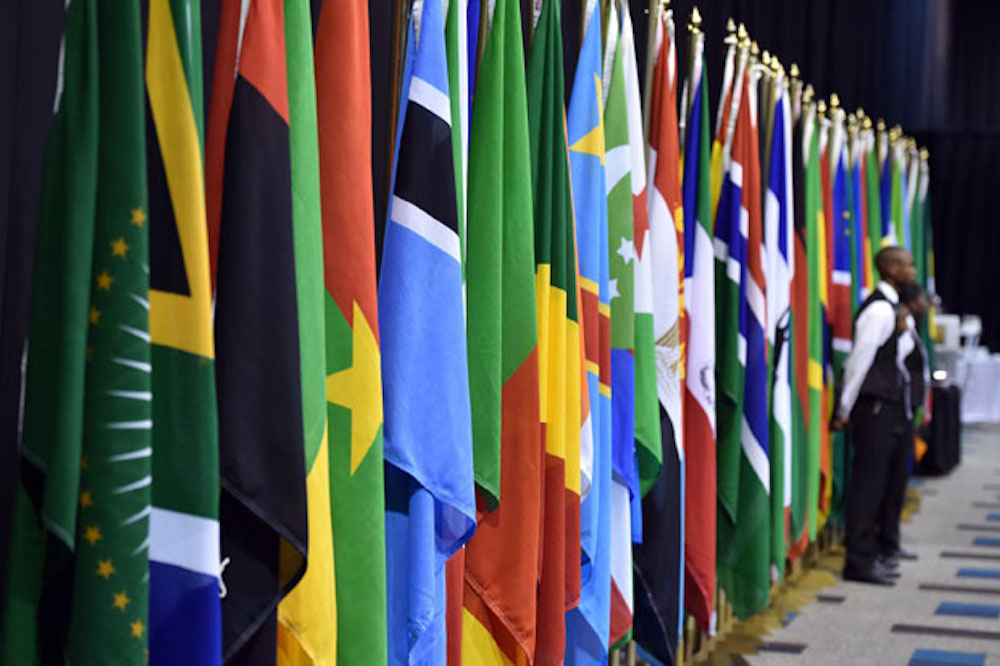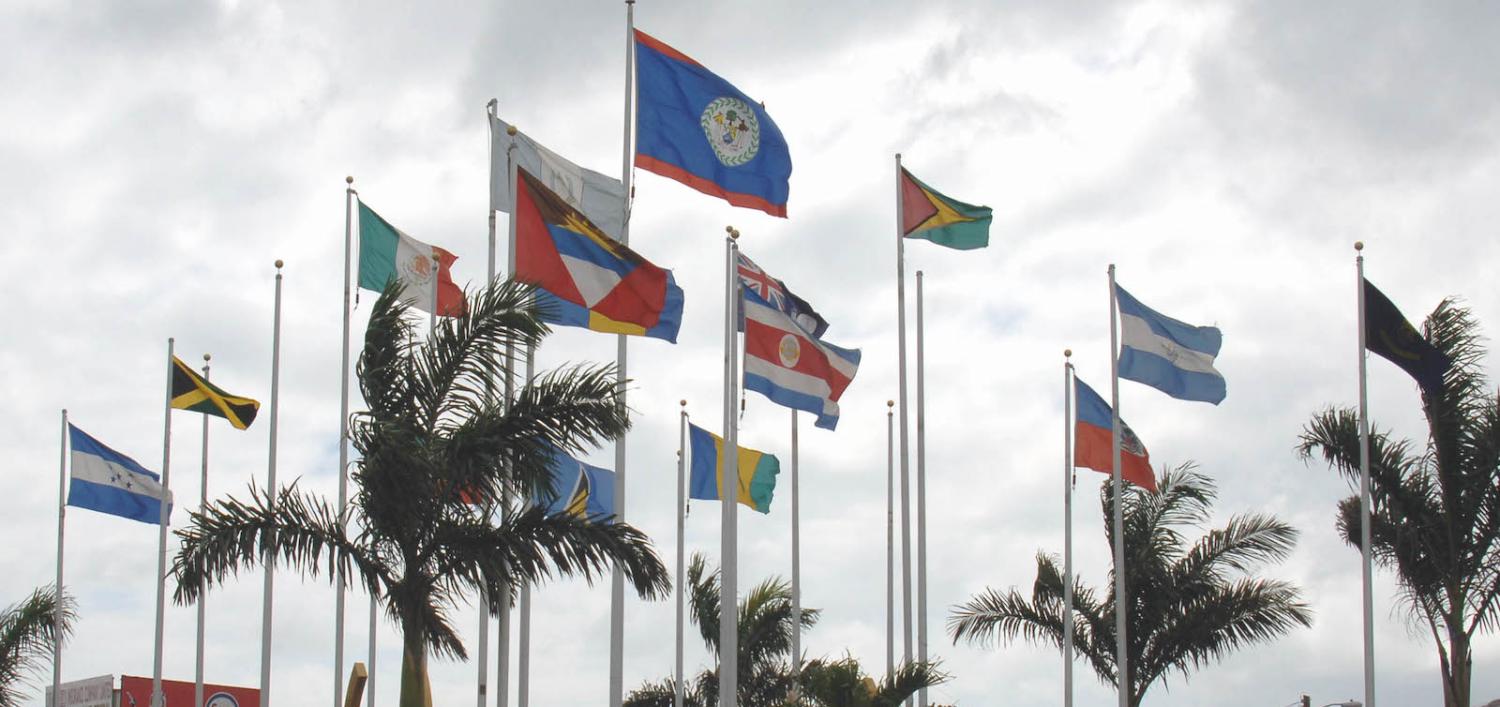On 7 September, leaders from the African Union and the Caribbean Community (CARICOM) convened the 1st Africa CARICOM Summit. This landmark event had been a long time coming, held virtually after being delayed for a year due to the Covid-19 pandemic – but far longer overdue, considering the historical and cultural links between the two regions. While this was an event mostly focused on Africa and the Caribbean, broader international considerations were also on display, a point alluded to in remarks by the Prime Minister of Antigua and Barbuda and Chair of CARICOM, Gaston Browne.
The two regions, Browne noted, together comprise a population of 1.4 billion people, with the power of 69 country votes in the forums of the United Nations as well as the World Trade Organisation.
“We should resist being pushed to the margins of international decision-making and collaborate on decisions to restructure the global financial architecture, on global taxation, de-risking, climate change and reparations, among others,” Browne declared.
“We have global bargaining power. But only if we use it effectively.”
One of those wider regional concerns raised at the summit was the issue of the US embargo against Cuba, along with sanctions on Zimbabwe. This is significant when considering the important stance that CARICOM members took in their opposition to the system of apartheid in South Africa during the 1970s and 1980s, from the boycott of the South African cricket team, to repeated calls for the dismantling of apartheid in statements to the United Nations. These current regional concerns can pit the Africa-CARICOM alliance against powerful global players.
Other nations outside the grouping will undoubtedly view the bloc either as an advantage to pursue their global interests, or as a threat to be neutralised.
Rather than being seen as merely countries to be won over in a bidding contest, there is also the possibility that third parties may seek to disrupt this alliance for fear of it becoming too influential.
If China for example sought to garner the support of the Africa-CARICOM group, this could have significant repercussions for Japan, the United States, Australia, and others in the various forums of the United Nations, where national votes are hotly contested. Whereas the bloc may opt not to be swayed by third parties, particularly as each member of the grouping has its own foreign policy, this grouping could follow a similar path as the Community of Latin American and Caribbean States (CELAC), another coalition, which established a relationship with China.
For the most part, the recent summit showed the Africa-CARICOM grouping more concerned with challenges closer to home. In his opening remarks, Kenya’s President Uhuru Kenyatta indicated that the summit represented an opportunity for Africa and CARICOM to confront common challenges, strengthen historical and cultural ties and build socio-economic and political linkages.
For the regions, greater cooperation opens the door for more direct trade and investment, economic activity, and cultural exchanges. Cooperation between the regions has been growing over the years, evidenced by engagement in the Organisation of African, Caribbean, and Pacific States (OACP), and the recent efforts from African nations to make Covid-19 vaccines available to CARICOM through the African Medical Supplies Platform (AMSP). The increased interaction in recent years has also occurred in the areas of finance, energy, and the creative economy, and it is envisioned that the political commitment of the summit will help to stimulate this engagement further, particularly if the proposal by Prime Minister Mia Mottley of Barbados for a weekly direct flight from Africa to the Caribbean is actioned.

While the regional cooperation continues to grow, countries in Africa and the Caribbean have often expressed disaffection with the international status quo, and such sentiments were echoed throughout the summit. Recent accusations of vaccine nationalism with respect to patents and access have only intensified the discontent among these countries. This summit then was an opportunity by some to indicate their support for rearranging the global order.
Several leaders championed the potential of using their combined strength to influence global developments, and it is here where the rest of the world will be most interested. Within organisations such as the Commonwealth, if overlapping AU and CARICOM members chose to move as a united front, they will undoubtedly hold considerable sway in decision making. It perhaps is not coincidental that Kenyatta recently expressed interest in the role of the Secretary General of the Commonwealth for Kenyan Defence Cabinet Secretary, Monica Juma.
So rather than being seen as merely countries to be won over in a bidding contest, there is also the possibility that third parties may seek to disrupt this alliance for fear of it becoming too influential as a global player. Attempts at disruption could inevitably create an even more volatile international environment in the process. Members from both the AU and CARICOM have witnessed the costs involved when the foreign policies of individual countries did not align with the interests of major powers, either during the Cold War, the War on Terror, or in trade decisions. It is therefore not a stretch to imagine similar regional and international instability if the strategic interests of third parties run counter to the direction of the Africa-CARICOM grouping.
While these scenarios are currently only suppositions, they are issues which the architects of the Charter and Memorandum of Understanding will be considering as they draft the pathway towards greater cooperation between Africa and the Caribbean.
